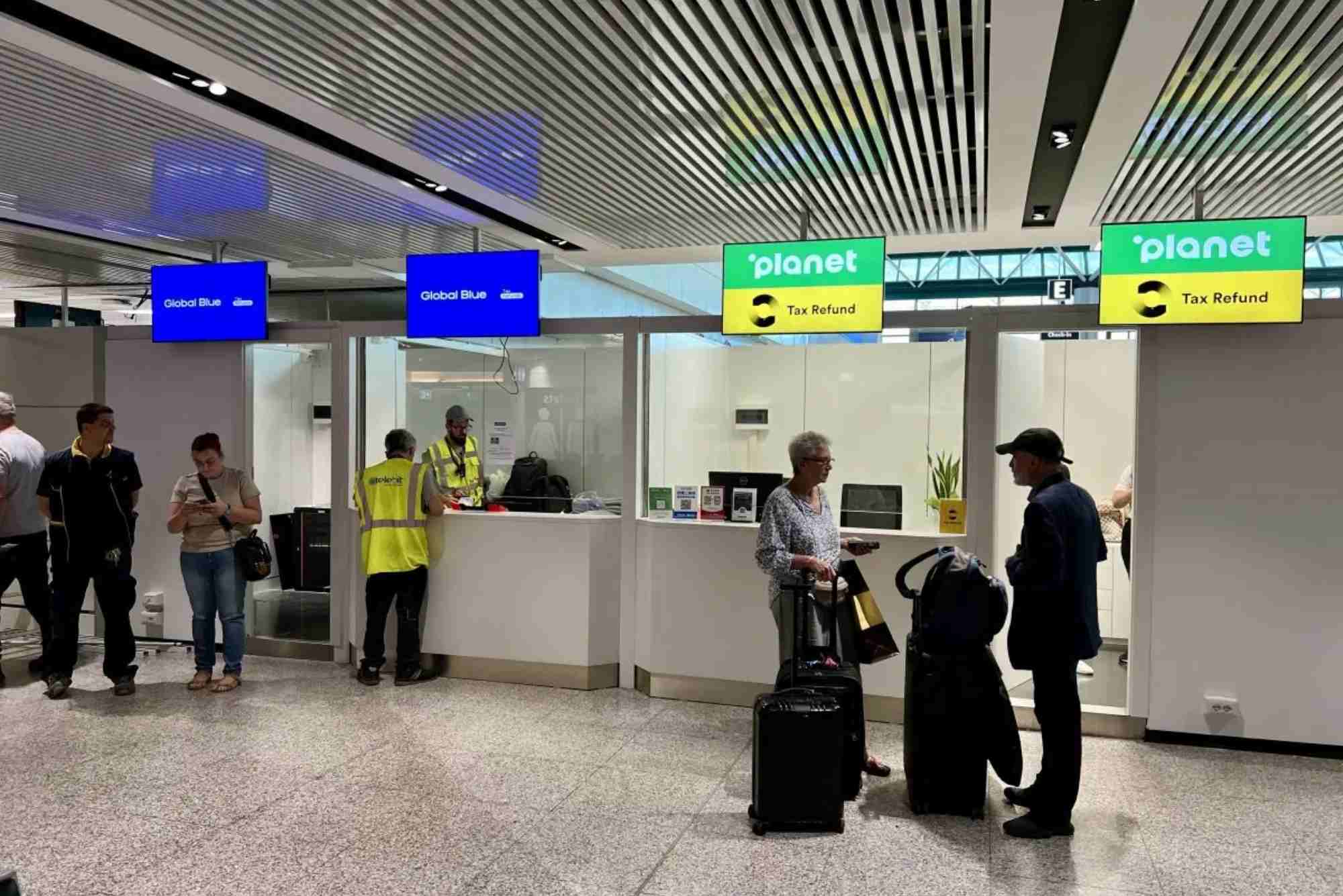Introduction
Traveling with friends or family is one of life’s greatest joys, but coordinating a trip when everyone has a different budget can feel overwhelming. You want everyone to have fun, create memories, and avoid tension over money. Learning how to travel with a group on different budgets requires empathy, planning, and a few clever strategies. With the right approach, you can design a trip that feels fair and enjoyable for all participants.
Understanding Group Travel Challenges
When people travel together, differences in financial comfort can create stress. Some members may prefer luxury accommodations, while others want budget-friendly options. Dining preferences can also vary widely, with some willing to splurge on local experiences and others preferring cheaper alternatives. These differences can affect the overall harmony of the trip. Understanding these dynamics upfront is essential to creating a positive travel experience.
It’s also important to recognize that fairness doesn’t mean everyone must spend the same amount. Instead, it means ensuring everyone feels included and valued, regardless of their budget. Fairness involves transparency, compromise, and mutual respect. When approached thoughtfully, group travel can strengthen relationships rather than strain them.
Communication is Key
The first step to traveling with a group on different budgets is open and honest communication. Before any bookings are made, talk about expectations. Discuss what each person is comfortable spending on accommodations, meals, and activities. These conversations can prevent misunderstandings and resentment later.
When talking about money, avoid making anyone feel uncomfortable. Focus on creating a shared plan rather than comparing budgets. One effective method is to ask everyone to outline their ideal trip experience and budget range. This allows the group to identify overlapping interests and opportunities for compromise.
Flexible Accommodation Options
Finding a place to stay that suits multiple budgets can be tricky, but flexibility makes it possible. Renting a house or apartment with shared spaces can allow members to choose private rooms or more economical sleeping arrangements. This gives everyone options without creating an imbalance.
Hotels with tiered room pricing can also work well. Some travelers might opt for premium rooms, while others select standard or economy options. If the group prefers a hostel, consider private rooms for those willing to spend a bit more. This approach ensures that everyone has access to safe and comfortable accommodations without forcing anyone into discomfort.
Dining with Consideration
Food can be another source of tension when budgets vary. Choosing restaurants where menu options span a range of prices allows each traveler to spend according to their comfort level. Street food, casual cafes, and local markets often provide affordable, authentic experiences that everyone can enjoy.
Alternatively, shared cooking or group meals at a rental property can be both economical and socially rewarding. Cooking together fosters connection and gives everyone a chance to contribute according to their means. Group dining doesn’t have to be uniform; the key is to avoid making anyone feel pressured to overspend.
Planning Activities for All Budgets
Activities can quickly become the most expensive part of a trip, so planning with different budgets in mind is crucial. Identify experiences that are free or low-cost, such as hiking, sightseeing, or visiting public beaches. Then, offer optional paid experiences for those who want to splurge, ensuring no one feels left out or excluded.
Transparency about costs is essential. For instance, if one person wants to book a private tour, clarify that participation is optional. Providing clear cost expectations helps prevent tension and keeps the focus on fun. By balancing group activities with individual options, you allow everyone to enjoy the trip without financial stress.
Fair Cost-Sharing Methods
When expenses are shared, finding fair solutions is key. One approach is the “pay-for-what-you-use” method, where everyone pays only for their participation. Another option is rotating responsibilities, such as one person covering a group meal while others cover the next.
Apps designed for group travel can simplify tracking shared costs. Digital tools allow everyone to log expenses and see balances in real-time, reducing the risk of disputes. With a clear system, budgeting becomes transparent and stress-free, allowing the group to focus on creating memories rather than counting pennies.
Embracing Compromise and Flexibility
Traveling with different budgets often requires compromise. Some members may agree to skip certain activities or upgrade experiences later in the trip. Flexibility ensures that everyone has opportunities to enjoy the trip in a way that feels fair.
It’s also important to celebrate small wins. For instance, How to Travel With a Group on Different Budgets (fairness tips) a picnic by a scenic viewpoint can be just as memorable as a fancy dinner. Encouraging a positive mindset and valuing experiences over expenses keeps the trip enjoyable for everyone.
Handling Sensitive Conversations
Money can be a delicate topic, so approach conversations with empathy. Avoid judgment and focus on collaborative solutions. If disagreements arise, mediate calmly and find options that meet everyone’s needs.
Documenting agreements in writing or in a group chat can help prevent misunderstandings. Being proactive about financial discussions shows respect for everyone’s comfort level and builds trust within the group.
The Role of Technology in Group Travel
Technology can make traveling on different budgets much easier. Budget-tracking apps, group messaging platforms, and itinerary-sharing tools allow everyone to stay informed. These tools make it simple to coordinate plans, track expenses, and ensure everyone knows what options are available.
Using apps that allow members to vote on activities or accommodations can also promote fairness. By involving everyone in decisions, you reduce the risk of resentment and ensure that the trip reflects the group’s collective preferences.
Maintaining Fun and Connection
Ultimately, the goal is to enjoy the trip together, not to focus on money differences. Engaging in shared experiences, supporting each other’s choices, and showing appreciation for different budget approaches strengthens relationships. Humor, patience, and understanding go a long way in keeping the trip positive and memorable.
A successful group trip prioritizes connection over spending. When everyone feels included and respected, even modest budgets can lead to rich, unforgettable experiences.
Traveling with a group on different budgets doesn’t have to be stressful. Through communication, flexibility, and thoughtful planning, everyone can enjoy a fair and enjoyable trip. By focusing on experiences rather than expenses and embracing compromise, your group can create memories that last a lifetime.
FAQ
How can a group of friends travel together if some have bigger budgets than others?
Focus on transparency and optional experiences. Allow members to choose accommodations, meals, or activities that fit their budget while ensuring everyone feels included.
What is the best way to split expenses for a group trip?
Use apps or agreed-upon methods like “pay-for-what-you-use” or rotating payments. Clear communication and documentation prevent disputes.
How do you handle disagreements about spending during a trip?
Approach discussions with empathy, focus on compromise, and consider documenting agreements in a group chat to maintain transparency.
Can group travel be fun if budgets vary widely?
Yes, with careful planning, flexibility, and a focus on shared experiences rather than money, trips can be enjoyable for everyone regardless of budget differences.




